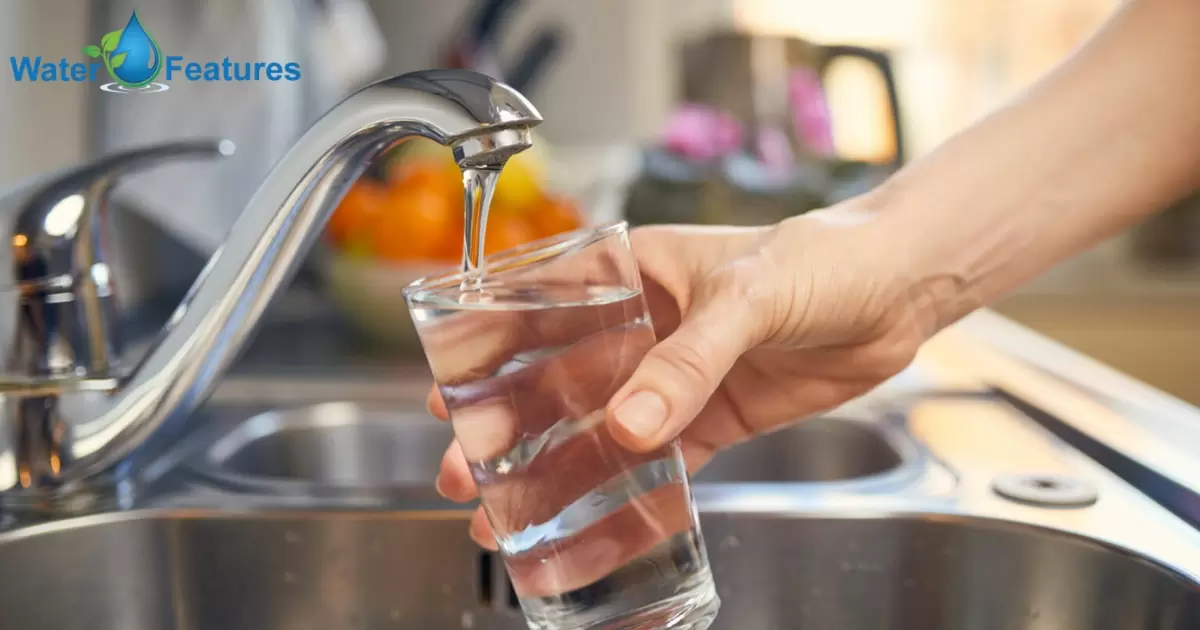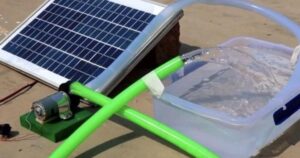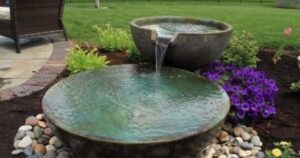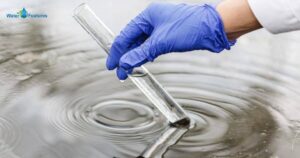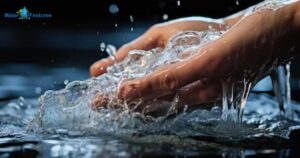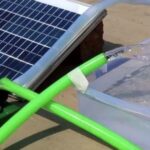The availability of safe and clean drinking water is a fundamental concern for residents and visitors in any location. In the arid and diverse landscape of Arizona, the question of whether you can drink tap water is a pivotal one. The safety and quality of tap water can vary widely across regions, making it essential to navigate the unique circumstances of this southwestern state.
Arizona’s vast deserts, stunning natural wonders, and thriving cities make it a destination that captures the imagination. Yet, beneath the beauty and allure of the Grand Canyon State lies a question that beckons everyone who ventures there: Can you trust the tap water in Arizona? As the sun sets over the desert, is the tap water safe to quench your thirst, or should you seek other sources?
Arizona’s striking landscapes are not only a playground for outdoor enthusiasts but also a challenge for maintaining water quality. This article will unravel the complexities of drinking tap water in Arizona, highlighting the diverse sources, potential concerns, and the overall safety of this essential resource. If you’re a resident or a traveler, understanding the nuances of Arizona’s tap water will help you make informed decisions about your hydration and well-being in this remarkable state.
Drinking Water in Arizona
When you visit or reside in the arid, picturesque state of Arizona, one of the first questions that may cross your mind is, Can you drink tap water in Arizona? Access to safe and clean drinking water is a fundamental necessity, and understanding the quality of tap water in this state is crucial.
In this article, we will explore the water quality in Arizona, the variations by city, the impact of mining on water quality, and the safety of well water. We will also delve into the sources of water for major cities like Phoenix, highlighting any disparities in water quality. We will discuss methods to purify tap water and provide answers to frequently asked questions to ensure you have a comprehensive understanding of the topic.
| City | Water Hardness (GPG) |
| Phoenix | 7-12 |
| Tucson | 6-8 |
| Mesa | 7-12 |
| Flagstaff | 3-4 |
Water Quality in the State of Arizona
Arizona’s unique geography and climate can pose challenges to maintaining high water quality. The state faces a variety of water quality concerns, including issues related to water hardness, mineral content, and contamination. Understanding these factors is essential for assessing the safety of tap water in Arizona.
Arizona Water Hardness by City
The hardness of water in Arizona can vary significantly from one city to another. Water hardness refers to the concentration of minerals, primarily calcium and magnesium, in the water. Here’s a quick look at water hardness levels in some major cities across the state
- Phoenix generally has moderately hard water with a water hardness level of around 7-12 grains per gallon (GPG).
- Tucson’s water is considered slightly hard, with a water hardness level ranging from 6-8 GPG.
- Mesa, like Phoenix, has moderately hard water, typically with a water hardness level between 7-12 GPG.
- Flagstaff’s water is relatively soft, with a water hardness level of approximately 3-4 GPG.
It’s important to note that these values are subject to change over time, so it’s advisable to consult the local water authorities or conduct your own water hardness test to get the most accurate and up-to-date information.
Mining and Water Hardness
Mining activities in Arizona can have a significant impact on water quality. The release of metals and other contaminants into water sources, a common byproduct of mining, can lead to elevated levels of impurities in the tap water. While regulations are in place to mitigate the effects of mining on water quality, it remains a concern for certain regions of the state.
Well Water Quality
Many residents in Arizona, particularly in rural areas, rely on well water as their primary source of drinking water. The quality of well water can vary substantially, depending on the location, depth of the well, and local geology. It’s essential to regularly test well water to ensure its safety, as it is not subject to the same regulations as municipal tap water.
Where Does Phoenix Get Its Water?
Phoenix, as the capital and largest city in Arizona, is a prime example of the complexities surrounding water sources and water quality in the state. The city draws its water from multiple sources, which can affect the overall quality of tap water.
- Salt River Project (SRP) Phoenix receives a significant portion of its water from the Salt River Project, which collects water from the Salt and Verde Rivers. This source generally provides relatively good water quality.
- Central Arizona Project (CAP) is another vital source of water for Phoenix. It brings water from the Colorado River, which can have a higher mineral content and salinity.
- Groundwater Phoenix also relies on groundwater from various wells. The quality of groundwater can vary, with some wells having hard water.
Difference between Phoenix and Arizona Water
While Phoenix’s water supply is representative of Arizona’s challenges and diversity, it’s important to note the distinctions between the water quality in Phoenix and that in other parts of the state. Here are some key differences
- As mentioned, Phoenix relies on a mix of surface water and groundwater, while other areas in Arizona may depend more heavily on a single source. The variability in water sources can lead to differences in water quality.
- Water Treatment The treatment processes that water undergoes before reaching your tap can vary between cities and regions. Phoenix, as a major metropolitan area, typically has more advanced treatment facilities than some smaller towns in the state.
- Pipes and Infrastructure The condition of the water distribution infrastructure, including pipes, can influence water quality. Older pipes may contribute to taste and odor issues in some areas.
So Is Arizona Water Safe to Drink?
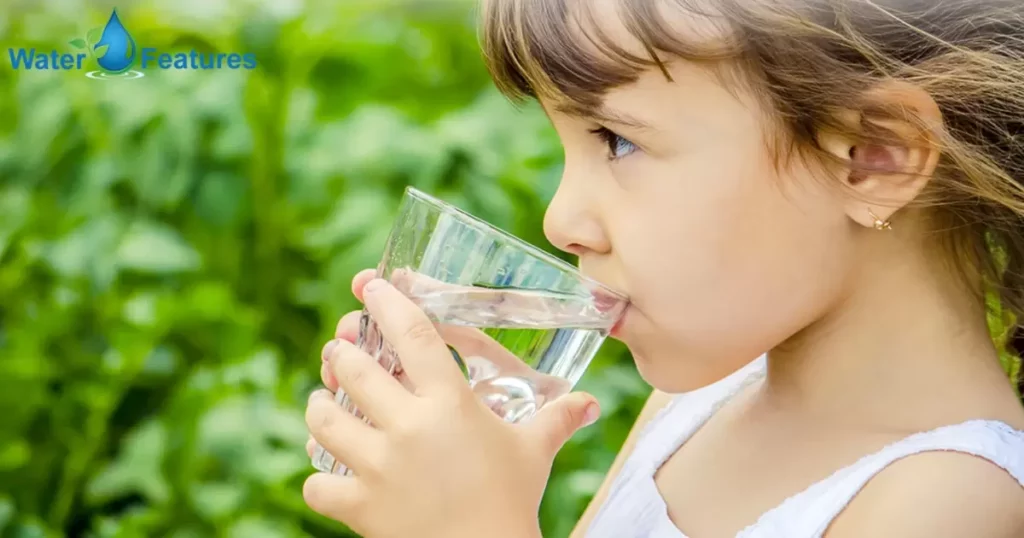
The question of whether tap water in Arizona is safe to drink is a common concern. The answer depends on several factors, including where you are in the state and your individual preferences and sensitivities. Here are some key points to consider
- Regulations and Monitoring Water quality in Arizona is regulated by federal and state agencies. The Environmental Protection Agency (EPA) sets standards for safe drinking water, and the Arizona Department of Environmental Quality (ADEQ) enforces these regulations. Routine testing and monitoring are conducted to ensure compliance.
- Mineral Content Arizona’s water is generally considered safe for consumption, with the mineral content, primarily hardness, being the primary concern. While some areas have harder water, it is not typically associated with health risks. The minerals can affect the taste and may lead to mineral deposits in appliances and plumbing.
- Contaminants In regions where mining or industrial activities are prevalent, there may be concerns about the presence of contaminants. These are closely monitored, and measures are in place to manage and mitigate contamination.
- Preference Safety aside, personal preference plays a role in whether Arizona tap water is suitable for you. Some people may not enjoy the taste of hard water, in which case filtration or purification methods can be employed.
How to Purify Arizona Tap Water
If you have concerns about the taste or hardness of tap water in Arizona or if you want to ensure additional safety, you can employ various purification methods. Here are some options
- Filtration Using a water filter, such as a pitcher filter, faucet filter, or under-sink filter, can help improve the taste and reduce the mineral content of tap water.
- Reverse Osmosis A reverse osmosis system is highly effective at removing minerals and contaminants from tap water. It can be installed at the point of use, like under the kitchen sink.
- Water Softeners Water softeners exchange minerals like calcium and magnesium with sodium ions, reducing water hardness. This may not be necessary for everyone and should be used with caution, especially if you have a sodium-restricted diet.
- Boiling tap water can help improve taste by removing some volatile compounds, but it won’t change the mineral content.
- Bottled Water For those who prefer an alternative, bottled water is widely available and provides a consistent taste.
Remember that the choice of purification method depends on your specific needs, location, and water quality. Be sure to research and select the most appropriate solution for your situation.
FAQ’s
Is Arizona tap water safe for drinking?
Yes, in most areas, Arizona tap water is safe for drinking. It is regulated by federal and state agencies to meet safety standards.
Are there any contaminants in Arizona’s tap water?
In some areas, particularly those near mining or industrial sites, there may be concerns about contaminants.
How can I improve the taste of Arizona tap water?
You can use various methods to enhance the taste of tap water, including filtration, reverse osmosis, and using a water softener.
Should I be concerned about the mineral content in Arizona tap water?
The mineral content, particularly hardness, can vary across the state. While it may affect the taste and lead to mineral deposits, it is not typically associated with health risks.
Conclusion
In conclusion, the safety of drinking tap water in Arizona is generally assured, with the state adhering to strict federal and state regulations to maintain water quality. While variations in water hardness can affect taste and mineral deposits, it is not typically associated with health risks. Residents and visitors can comfortably use Arizona’s tap water for their daily hydration needs.
For those with specific taste preferences or concerns, a range of purification methods is available, allowing individuals to tailor their water to their liking. These methods, such as filtration and water softening, offer solutions to address the taste and mineral content of the water, ensuring that Arizonans can enjoy clean and refreshing tap water throughout the state.
